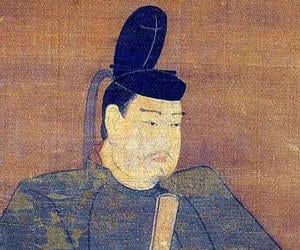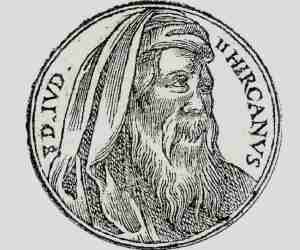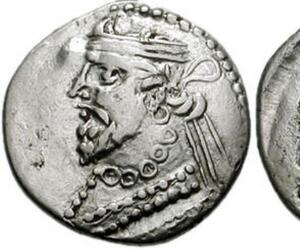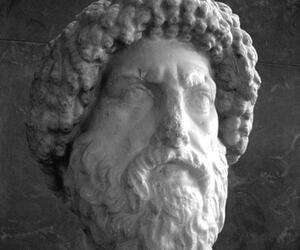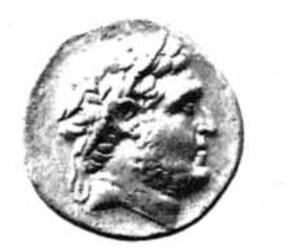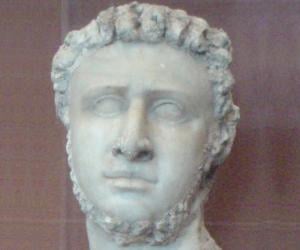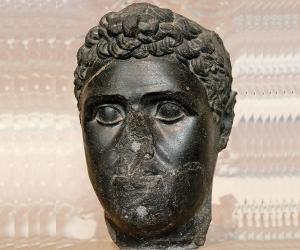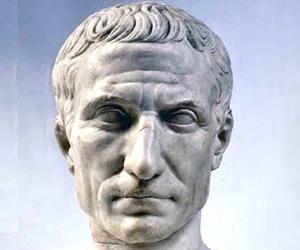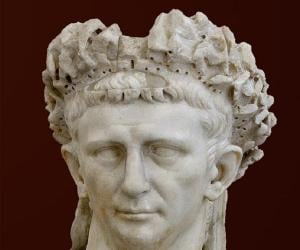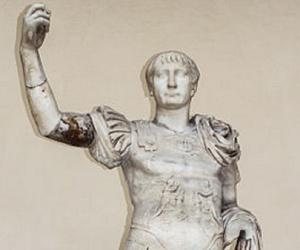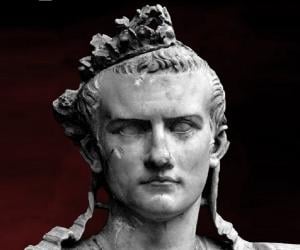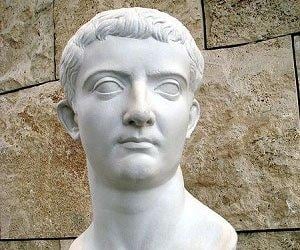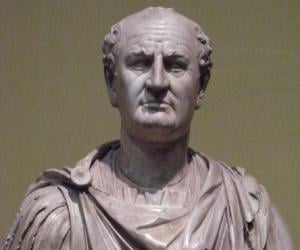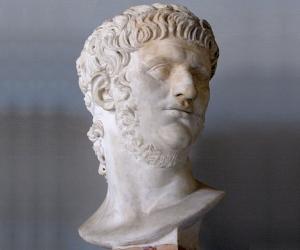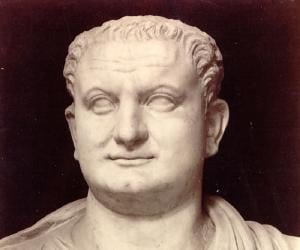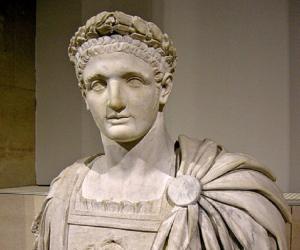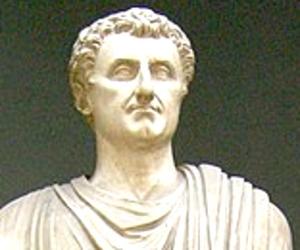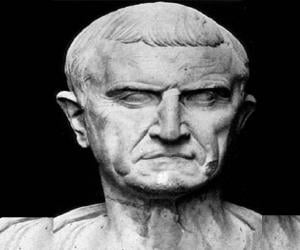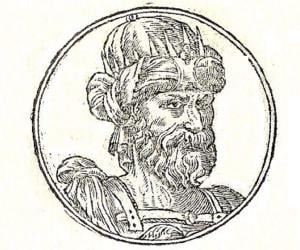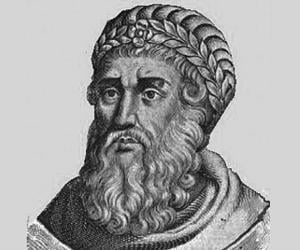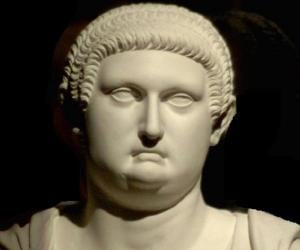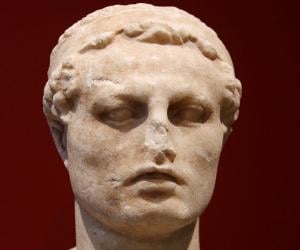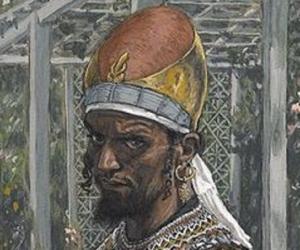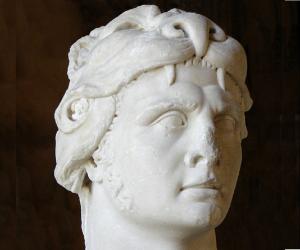Julius Caesar is considered one of the greatest military commanders in history and played an important role in the events that led to the downfall of the Roman Republic and the rise of the Roman Empire. He assumed control of the government after a civil war. He was assassinated by rebel senators on the Ides of March, 44 BC.
Claudius was made the Roman emperor by the Praetorian Guard after the assassination of Caligula, his nephew and predecessor, and ruled from 41 to 54 A.D. He was slightly limp and deaf since childhood, but his reign was marked by financial stability. He was succeeded by his grand-nephew, tyrant Nero.
Trajan was the Roman emperor from 98 to 117 CE. Remembered as a successful soldier-emperor, he presided over a great military expansion, leading the Roman Empire to attain its maximum territorial extent by the time of his death. He was the second of the Five Good Emperors and focused on implementing social welfare policies for the benefit of his citizens.
Caligula, the third Roman emperor, is often described as a cruel man who forced his subjects to worship him as their god. Considered an insane tyrant, Caligula is accused of incest and forcing the audience to enter a sporting arena to be eaten alive by wild beasts during the intermission. His stories are famous in popular culture.
Nero was the fifth Roman emperor whose rule was associated with tyranny. Five years into his reign, he had his mother Agrippina killed. The Great Fire of Rome, which occurred during his reign, is believed to have been instigated by him for political reasons. He was also responsible for eliminating many Christians from the empire.
Titus was the ruler of the Roman Empire from 79 to 81 CE. Before ascending the throne, he played a crucial role as a military commander, working alongside his father Vespasian during the First Jewish-Roman War. After becoming the emperor, Titus oversaw the completion of the Colosseum. His life and work are depicted in literature, paintings, and visual arts.
Nerva was the Roman emperor from 96 to 98. He was aged 66 when he ascended the throne, after serving other emperors for several decades. Even though he ruled for just 15 months, historians consider him a wise and moderate emperor. He selected Trajan as his heir, thus ensuring a peaceful transition of power after his death.
Herod the Great was a client king of Judea. According to the Gospel of Matthew, Herod ordered the execution of all male toddlers in the vicinity of Bethlehem, the incident which came to be known as Massacre of the Innocents. Thus, he is believed to have played a major role in the events leading up to the birth of Jesus.
Though Otho lost his wife, Poppaea, to Nero, who later married her, he governed Lusitania for 10 years diligently, before he joined a revolt against Nero. He reigned as the Roman emperor for merely 3 months, before committing suicide while fighting the Battle of Bedriacum against Vitellius.
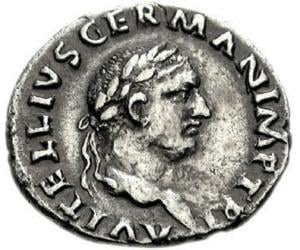
Antiochus IV Epiphanes reigned over the Seleucid Empire as a Hellenistic king from 175 BC to 164 BC. The first successful usurper of the Seleucid Empire, Antiochus' rise to power set an example for aspiring rulers of subsequent generations. His often eccentric behavior, such as appearing unannounced in the public bath houses, earned him the nickname, The Mad One.
Herod Antipas reigned as the ruler of Galilee and Perea during the first century. He is widely known for his role in events leading up to the executions of Jesus of Nazareth and John the Baptist. It is said that Jesus was initially handed over to Antipas by Pontius Pilate before Antipas decided to send Jesus back to Pilate's court.
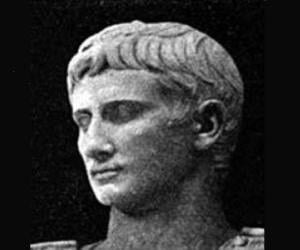
The son of pharaoh Ptolemy XII, Ptolemy XIII Theos Philopator co-ruled with his sister, Cleopatra VII. Faced with a civil war after he forced his sister to flee to Syria, he later ruled with Arsinoe IV, another sister. He was killed while battling Julius Caesar’s forces in the Alexandrian War.
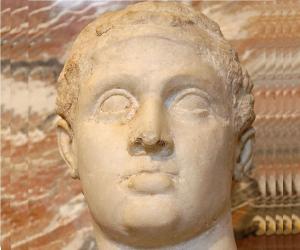
Being an illegitimate son of Ptolemy IX, Ptolemy XII Auletes apparently bribed Julius Caesar, in exchange for a law acknowledging his kingship in Egypt. He was later exiled, but came back to Egypt and killed his daughter, Berenice IV, who ruled in his absence and with the support of the opposition.
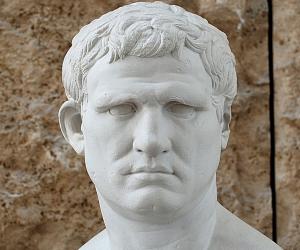
Herod Agrippa reigned as the King of Judaea from 41 to 44 AD. He is credited with shaping the city of Berytus, where he built an amphitheatre, theatre, baths, and porticoes. He also contributed immensely to the infrastructure of Sebaste, Caesarea, and Heliopolis.
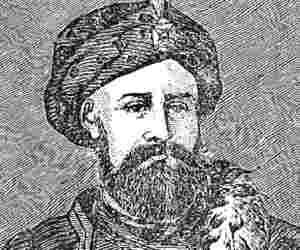
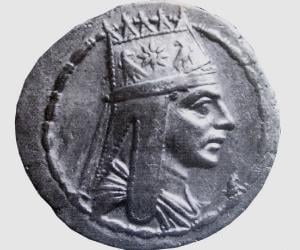
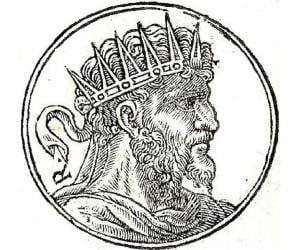
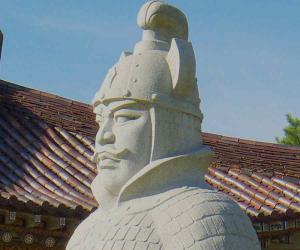
Mithridates VI of Pontus, also known as Mithridates the Great, came to power as a young boy after his father, Mithridates V, was assassinated by poisoning. However, since Mithridates VI’s mother acted as a regent and favored his brother, Mithridates got them both imprisoned and took over the throne.
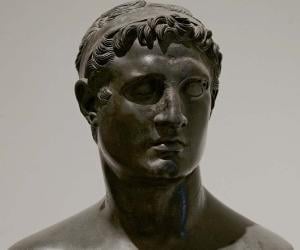
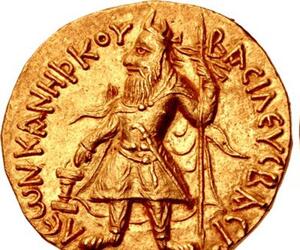
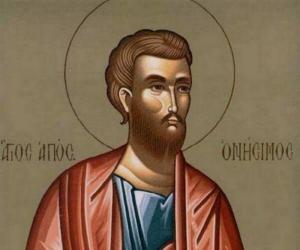
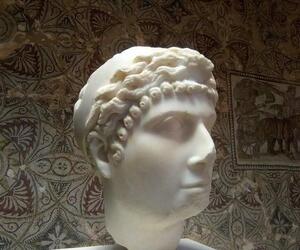
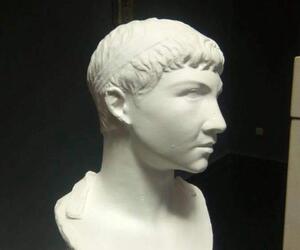

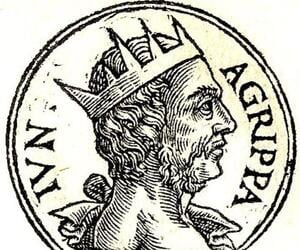
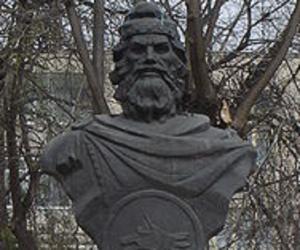
Burebista reigned as the King of Dacia. He is credited with successfully unifying the famous tribes of the Dacian Kingdom. Burebista and his descendants are regarded as the true ancestors by Romanian nationalists. Burebista's life inspired the 1980 eponymous epic film.
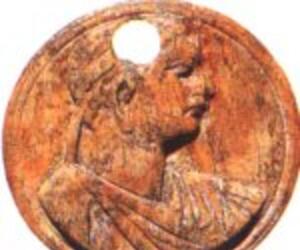
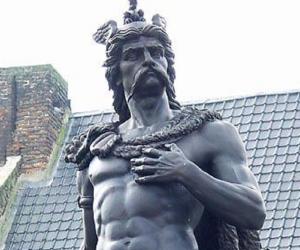
Ambiorix reigned as the King of the Belgae. Today, he is widely regarded as a national hero in Belgium due to his resistance against the famous Roman general Julius Caesar. Ambiorix is mentioned in Commentarii de Bello Gallico, Caesar's account of the Gallic Wars. Ambiorix's character is portrayed in the popular video game Civilization VI.
